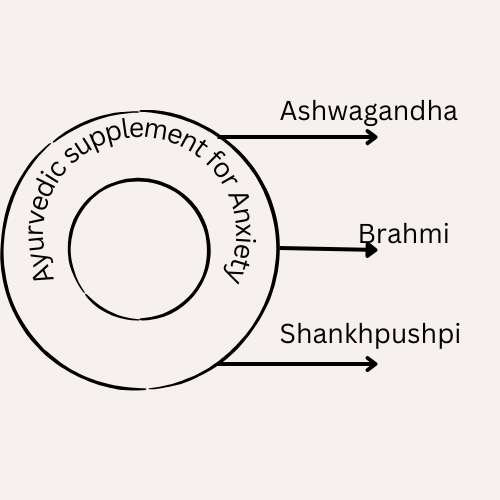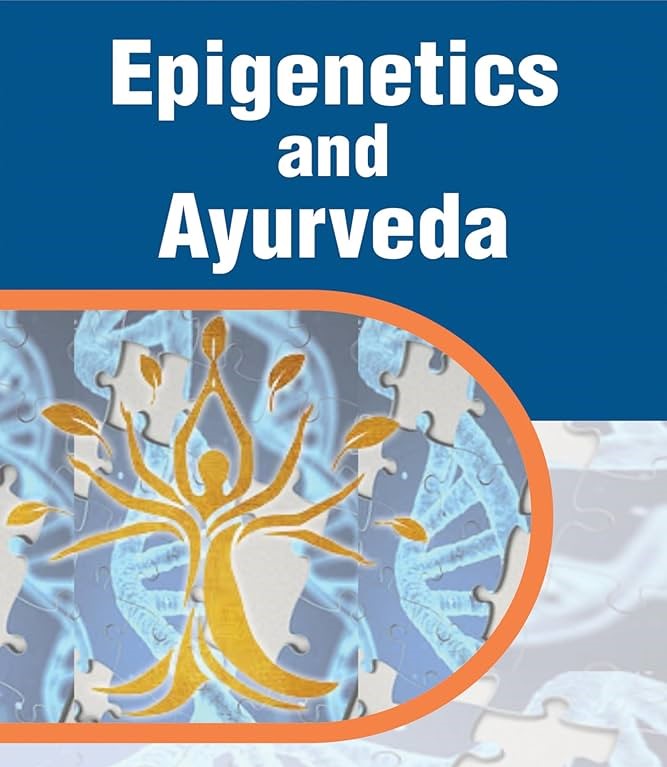Anxiety is a prevalent mental health concern affecting millions worldwide. In Ayurveda, anxiety and vitamin deficiency are often interconnected, as imbalances in the body’s doshas, particularly Vata, can exacerbate feelings of anxiety. Ensuring adequate vitamin levels is crucial for mental well-being; vitamins play vital roles in brain function and emotional health. This relationship highlights the importance of addressing vitamin deficiency to support overall mental health and reduce anxiety.
The Role of Vitamins in Mental Health: Vitamins are essential nutrients that support various bodily functions, including mood regulation. Deficiencies in specific vitamins can lead to symptoms of anxiety:
- Vitamin B Complex: B vitamins, particularly B6, B12, and folate, are crucial for neurotransmitter function. A deficiency in these vitamins can result in increased anxiety and mood disorders.
- Vitamin D: Often referred to as the “sunshine vitamin,” vitamin D deficiency has been linked to mood disorders, including anxiety and depression.
- Vitamin C: This antioxidant is vital for producing neurotransmitters such as dopamine and serotonin, which regulate mood.
Ayurvedic Perspective on Anxiety
In Ayurveda, anxiety can manifest as a disturbance in the Vata dosha, characterized by qualities such as dryness, lightness, and mobility. A balanced Vata promotes calmness, while an imbalance can lead to feelings of fear, worry, and restlessness.
Common Symptoms of Vata Imbalance:
- Restlessness
- Insomnia
- Dry skin and hair
- Digestive issues
Addressing Vitamin Deficiency in Ayurveda
To combat anxiety stemming from vitamin deficiencies, Ayurveda emphasizes a holistic approach that includes diet, lifestyle changes, and herbal remedies. Here are some recommendations:
- Dietary Sources:
- Vitamin B: Incorporate whole grains, legumes, nuts, and seeds into your diet to boost B vitamin intake.
- Vitamin D: Include fatty fish, egg yolks, and fortified foods. Sun exposure is also crucial for vitamin D synthesis.
- Vitamin C: Consume fruits and vegetables rich in vitamin C, such as oranges, strawberries, and bell peppers.
- Herbal Remedies:
- Ashwagandha: Known for its adaptogenic properties, ashwagandha can help alleviate anxiety and support mental clarity.
- Brahmi: This herb is traditionally used to enhance cognitive function and reduce stress.
- Turmeric: Curcumin, the active compound in turmeric, has anti-inflammatory and antioxidant properties that may help improve mood.
- Lifestyle Practices:
- Yoga and Meditation: Regular yoga and meditation can help balance the Vata dosha, reduce anxiety, and promote overall mental health.
- Routine: Establishing a regular daily routine can help stabilize the Vata dosha and reduce feelings of anxiety.
Conclusion
Addressing anxiety requires a multifaceted approach, and recognizing the role of anxiety and vitamin deficiency in Ayurveda is crucial. Incorporating a balanced diet rich in essential vitamins can help mitigate the effects of anxiety, as vitamin deficiencies can exacerbate symptoms. Alongside Ayurvedic practices, such as herbal remedies and lifestyle modifications, these dietary changes can help restore balance and improve mental health. For more insights into how anxiety is understood in Ayurveda, check out our detailed post on Anxiety in Ayurveda.
“For more insights on how vitamins affect mental health, you can visit Harvard Health’s article on nutrients and mood.”

